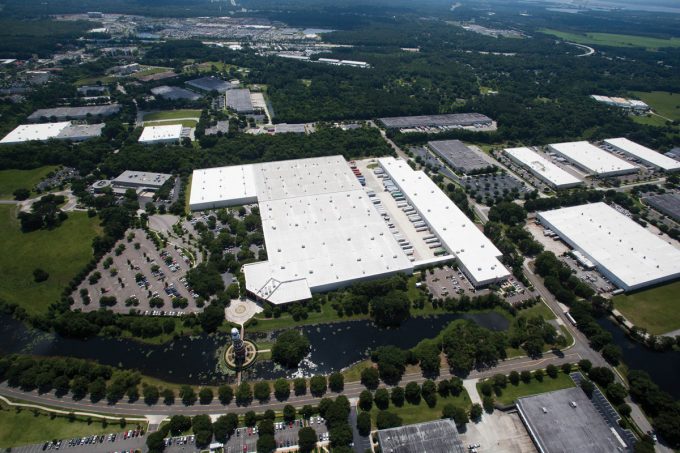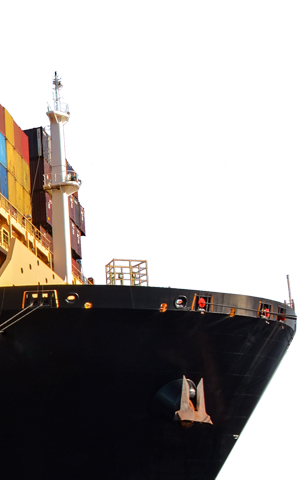Q&A: Coach supply chain expert discusses the benefits of using JAXPORT’s foreign trade zone
- Home
- >
- Cargo Blog
- >
- Q&A: Coach supply chain expert discusses the benefits of using JAXPORT’s foreign trade zone


By: Chelsea Kavanagh, Public Information Officer, JAXPORT
While many global companies are facing logistics challenges and even scaling back expansion plans due to coronavirus, New York-based fashion retailer Coach continues to successfully adapt its unique business model to meet customers’ needs in the era of ecommerce and direct-to-consumer sales.
Coach, a leading design house of modern luxury accessories and lifestyle collections, has been a user of JAXPORT’s Foreign Trade Zone (FTZ) No. 64 for more than two decades.
Using an FTZ allows shippers to reduce, delay or eliminate import fees through more efficient filings.
This fall, Coach is set to undergo a large expansion of its Jacksonville facility and foreign trade zone footprint. The company will open a new nearly 200,000 square-foot warehouse near its existing North Jacksonville warehouse, bringing the company’s total FTZ-activated warehousing space in Jacksonville to nearly 725,000 sq. ft.
JAXPORT sat down with Ileana Klepeisz, FTZ Manager for Tapestry Inc., the parent company of Coach, to discuss how JAXPORT’s FTZ is helping Coach find logistics success during this time, as well as her advice to other businesses looking to streamline cash flow using an FTZ.
As a company with a global supply chain and distribution network, the greatest benefit is flexibility.
We can easily move products across international borders without the issue of double taxation via import duties. Not paying duty for exports is a lot easier than paying it and trying to recover it via a drawback process.
Reduced and deferred fees and duty deferment are also important benefits.
It was critical. You can’t really stop a large supply chain on a dime. We needed extra space to store product, while also minimizing costs such as duties and demurrage. Getting additional FTZ space activated at an existing off-site location gave us a lot more flexibility in addressing the situation at a time when every penny counts.
JAXPORT has been a reliable partner for years and has helped introduce us to other local trusted service partners. JAXPORT works to bring solutions to help facilitate trade and business. Supporting international trade in Jacksonville creates valuable jobs here and helps make the area an important logistics center.
We have used the Alternate Site Framework (ASF) a few times when we’ve needed additional off-site FTZ capacity. The experiences have been fast and relatively easy to manage.
(Editor’s note: the ASF allows Northeast Florida companies to integrate into the FTZ program while operating in their existing location.)
Operating in an FTZ distribution environment can bring a lot of value and flexibility to companies, depending on their supply chain. However, there are strict compliance obligations that must be met.
The benefits come with responsibility. It helps to have strong partners in your grantee (JAXPORT) and local Customs. I can’t say enough about how great all of our partners here in Jacksonville have been to help us figure out solutions during this time.
